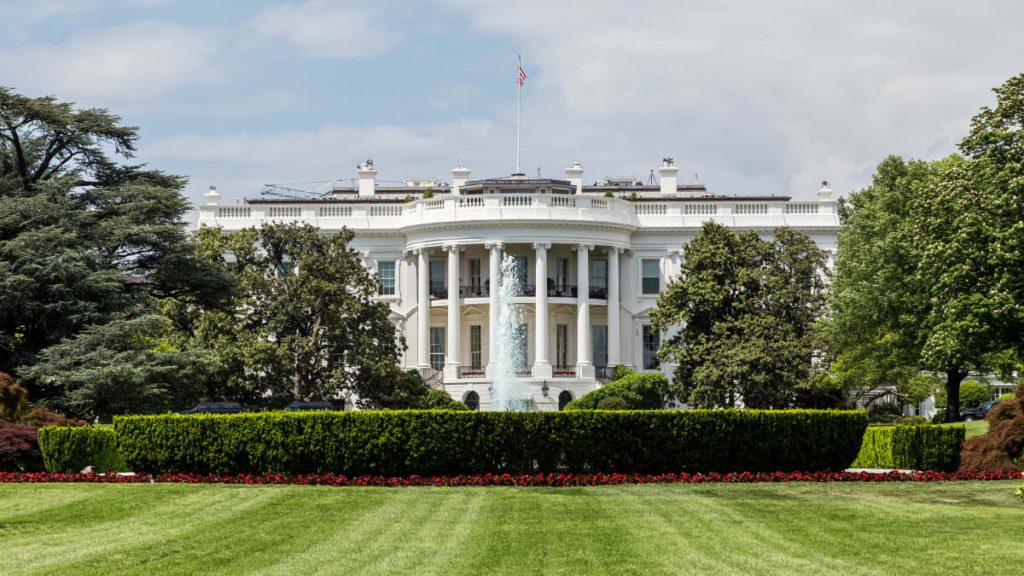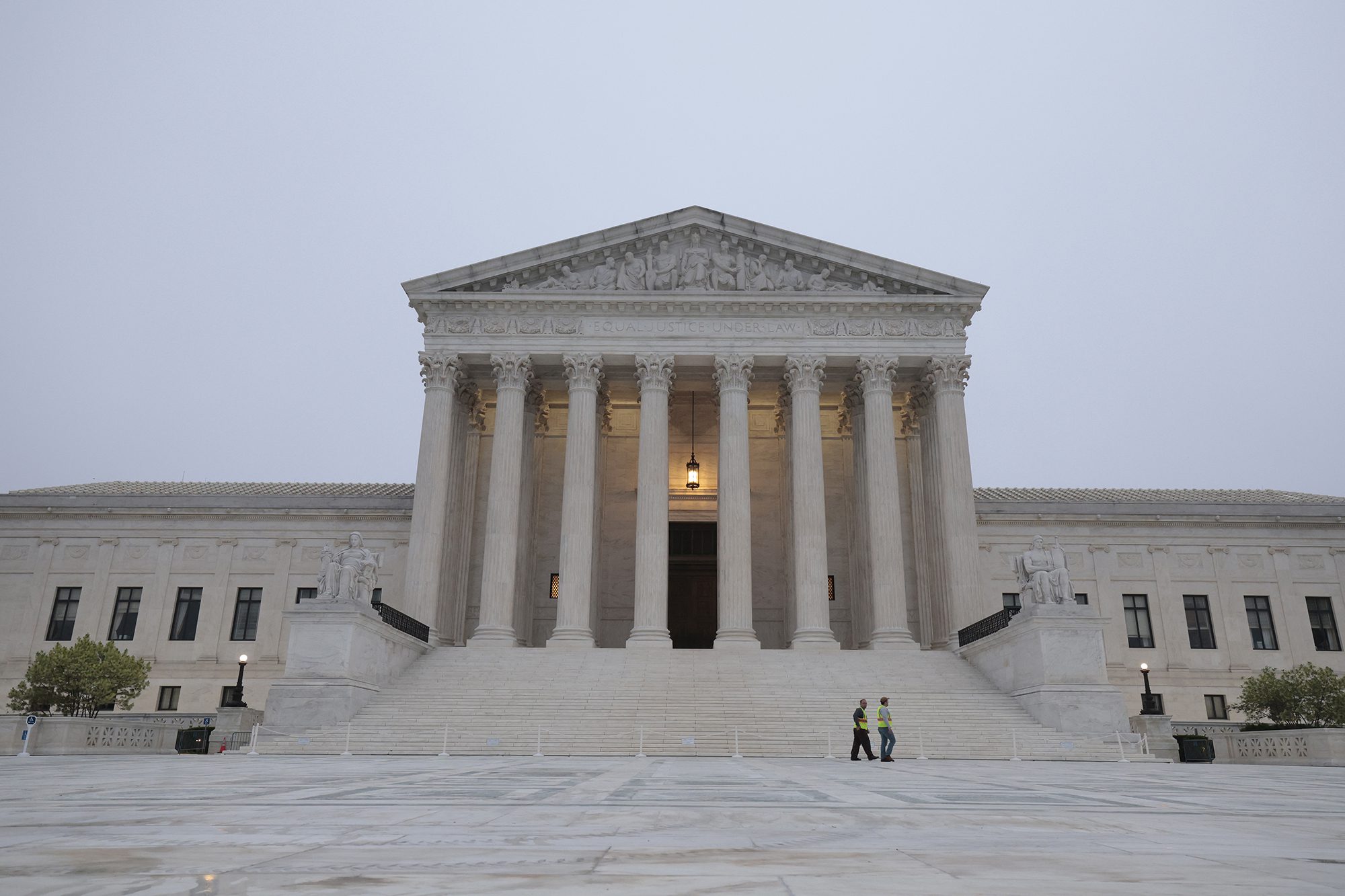Welcome back to DC Download! August recess is over, Congress is back, and we may be headed into a government shutdown. If you are having a tough time keeping up with Congressional action or the lack of, fear not. Here’s the latest news affecting nonprofit organizations from Washington, D.C.
Legislative outlook
Congress is back from the August recess and lawmakers have until September 30 to approve a continuing resolution to avert a government shutdown. Unfortunately, during the past two weeks, Speaker McCarthy (R-CA) has been unable to rally some conservative members within his conference to support a short-term stopgap measure. To appease the demands of the far-right members who vowed to oppose any stopgap measure until there is progress on long-term appropriations bills, McCarthy and his leadership team will focus on passing individual bills, which leaders in both chambers and The White House have long said couldn’t be enacted by the deadline.
Partnering with Democrats has not been a viable option for Speaker McCarthy, given conservatives’ vow to oust him from the position over such an approach, but bipartisan escape routes from a potential shutdown could be expected to surface this week ahead of the shutdown deadline. The bipartisan Senate prerogative for a continuing resolution is spending at the current FY2023 level, omission of controversial policy provisions, and likely addition of Ukraine and disaster funding. Senate Majority Leader Chuck Schumer (D-NY), who had his own struggles in moving a three-bill appropriations package that some conservative members there want considered one by one, took a procedural step on a bill that could be used as a vehicle for a continuing resolution.
Nonprofit organizations sent a letter addressed to Congressional leaders urging them to pass a continuing resolution or bipartisan and bicameral appropriations bills to avert a government shutdown. The letter acknowledges that a federal government shutdown could be catastrophic for the populations that nonprofit organizations serve.
House Ways and Means Committee Request for Information
On August 14, Ways and Means Committee Chairman Jason Smith (R-MO) and Oversight Subcommittee Chairman David Schweikert (R-AZ) released an open letter to groups organized under Section 501(c)(3) or 501(c)(4). The letter requested information and input on existing rules and regulations governing them and foreign sources of funding for tax-exempt organizations and what, if any, policy changes Congress should consider.
Independent Sector submitted a response to the committee’s request for information, urging policymakers to provide increased clarity on the definition of political campaign intervention. Additionally, Independent Sector joined the Council on Foundations and United Philanthropy Forum in submitting a joint response to the committee’s request.
Department of Labor Overtime Proposed Rule
On August 30, the Department of Labor announced issuance of its proposed rule raising the salary thresholds for so-called “white collar” employees. In this proposal, the Department of Labor is updating and revising the regulations issued under the Fair Labor Standards Act implementing the exemptions from minimum wage and overtime pay requirements for executive, administrative, professional, outside sales, and computer employees. Significant proposed revisions include increasing the standard salary level to the 35th percentile of weekly earnings of full-time salaried workers in the lowest-wage Census Region (currently the South) — $1,059 per week ($55,068 annually for a full-year worker) — and increasing the highly compensated employee total annual compensation threshold to the annualized weekly earnings of the 85th percentile of full-time salaried workers nationally ($143,988). The Department of Labor is also proposing automatic adjustments to these thresholds every three years. The comment period ends on November 7, 2023.
Independent Sector plans to submit comments to the proposed rulemaking and encourages all nonprofit organizations to do the same.
New Poll: Overwhelming Support for Nonprofit Policy Priorities
On September 13, Independent Sector released public polling results reflecting the views of registered voters on a wide range of topics related to nonprofits and public policy. Ahead of an election year, these results provide valuable insight into the landscape of public opinion about charitable giving policy, federal representation of the nonprofit sector, the sector’s role in the community, and how the public engages with nonprofits.
Nonprofit Workforce Report
The National Council on Nonprofits released their nonprofit workforce report titled, “2023 Nonprofit Workforce Survey Results: Communities Suffer as Nonprofit Workforce Shortage Crisis Continues.” The report showcases the results of their second nationwide survey on the nonprofit workforce. The data confirms that nonprofits are still enduring a shortage of employees and, as a natural consequence, the public continues to suffer because fewer employees mean reduced capacity, longer waiting lists for services, reduced amounts and types of services provided, and sometimes a complete end to needed services.
National Voter Registration Day 2023
Independent Sector is proud to have joined with many of our members as national partners in National Voter Registration Day 2023, which was hosted by Nonprofit Vote on September 19. Events were held in all 49 states that require voter registration (we see you, North Dakota), web traffic increased over 2022, and President Biden issued a proclamation in support of the day.
New Student Loan Repayment Plan
After the Supreme Court struck down President Biden’s plan to forgive about $10,000 in student loans per borrower, on August 22 the Biden-Harris Administration launched its updated income-driven repayment plan known as the Saving on A Valuable Education (SAVE) plan. Student loan payments are set to resume in October after a three-year pause.
Under the SAVE plan, a single borrower who makes less than $15 an hour will not have to make any payments, and borrowers earning above that amount would save more than $1,000 a year on their payments compared to other Income Driven Repayment (IDR) plans. The SAVE plan also ensures that borrowers never see their balance grow due to unpaid interest as long as they keep up with their required payments.
Additionally, the new IDR application takes just 10 minutes or less to complete, and it allows borrowers to choose to have their income accessed securely from the Internal Revenue Service and automatically recertified every year, so most do not need to reapply annually. This new feature will prevent borrowers from missing their required annual IDR recertification.



